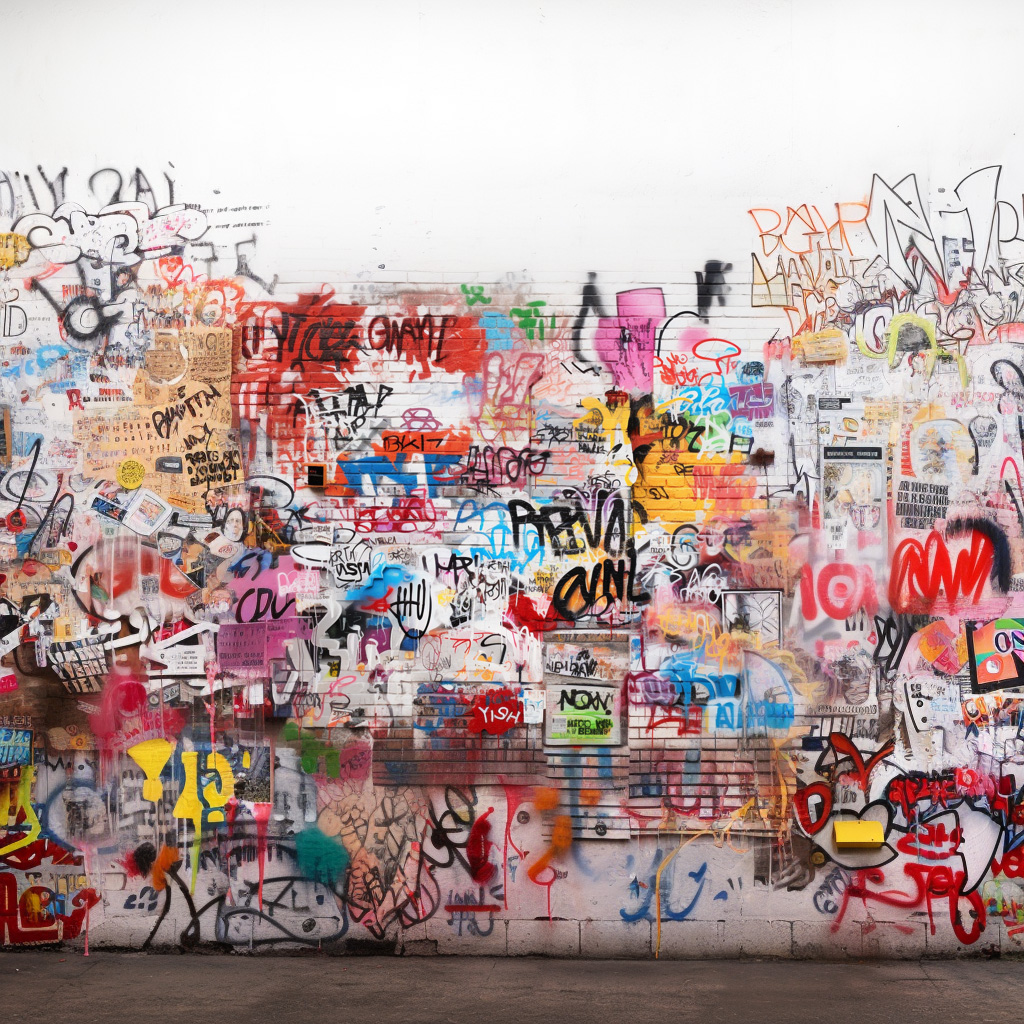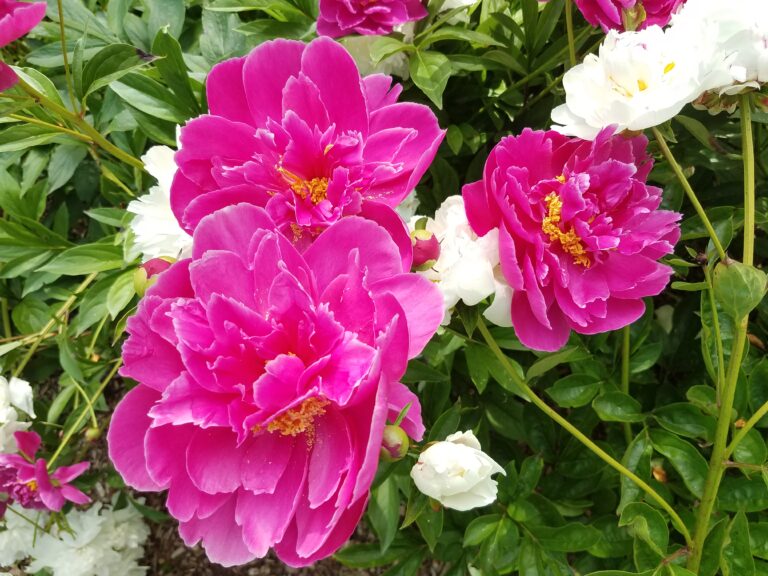power to the people
Jesus gave power to the people a long time ago. The power is still with the people today.
People are uniting and speaking out and rising up working for the type of justice Jesus taught us about- the justice of love. They’ve done this since the time of Jesus. Then and now the people use their power for the goodness of God. The poor, the disadvantaged and the overworked have declared their right for fair pay, for human rights, equality, and justice. This is good because the Kingdom of God is with the meek, the poor and the peaceful. Jesus said so himself.
Today there are people who live in excess. They stutter justifications for their diamond cuff-links while the makers of their jewels scrape by for survival. The poor must grow cash crops such as tobacco, cotton and corn then sell these things to the rich. Or worse, they are forced to sell their landor sacrifice their clean water and air at unfair prices. The poor can’t grow their own food to simply live so then they starve to death. Meanwhile, in some countries people are getting bigger and bigger and more and more food is wasted–simply tossed away.
Has capitalism become another type of feudalism?
We’ve seen power and control mess things up for a long while now. Jesus knew all about it, so he turned things all around. Jesus tried to warn the privileged that he wasn’t going to trust them with building the Kingdom anymore as they were doing a pretty horrible job. Today, we still seem to be clueless about what this means.
I couldn’t help but to think of “Occupy Wall Street” and other revolutions when I studied the Gospel last Sunday:
Jesus said to the chief priests and the elders of the people:
“Hear another parable.
There was a landowner who planted a vineyard,
put a hedge around it, dug a wine press in it, and built a tower.
Then he leased it to tenants and went on a journey.
When vintage time drew near,
he sent his servants to the tenants to obtain his produce.
But the tenants seized the servants and one they beat,
another they killed, and a third they stoned.
Again he sent other servants, more numerous than the first ones,
but they treated them in the same way.
Finally, he sent his son to them, thinking,
‘They will respect my son.’
But when the tenants saw the son, they said to one another,
‘This is the heir.
Come, let us kill him and acquire his inheritance.’
They seized him, threw him out of the vineyard, and killed him.
What will the owner of the vineyard do to those tenants when he comes?”
They answered him,
“He will put those wretched men to a wretched death
and lease his vineyard to other tenants
who will give him the produce at the proper times.”
Jesus said to them, “Did you never read in the Scriptures:
The stone that the builders rejected
has become the cornerstone;
by the Lord has this been done,
and it is wonderful in our eyes?
Therefore, I say to you,
the kingdom of God will be taken away from you
and given to a people that will produce its fruit.”
It seems like an awful parable that could leave any person feeling confused and discouraged- like it did me. Why would our great teacher of non-violence use so many images of violence to teach a point? What is the point?
We must pay attention to whom Jesus is speaking to really get the warning. He’s talking to the people of privilege- the people who think that they have some sort of divine right to control the poor, the dogma, the systems and the economics. It seems to me that we are being told that violence , wealth and privilege aren’t the answers.
The answers live with the rejected. The power is burning in the hearts of the powerless, in their peaceful revolutions and their voices that are united for change. The answers are in the quiet fields where the poor labor for freedom.
The Kingdom of God is here now and not yet. Power has been redefined. The people of poverty experience redemption as they reject the systems that have rejected them. The poor are creating the peace that Jesus teaches about when they do acts of mercy and refuse the acts of war. The rejected are powerful with they show God’s “kingdom come” and “will be done” as they love and serve one another.
I am not really sure where I fit in it all. I commit the sin of over-consumption and mindless cooperation with corrupt systems. I feel powerless, yet overwhelmed and sick from my privilege. I justify purchases of unnecessary and over-packaged treats because I hear the news radio preach about “consumer confidence” as the way out of economic dysfunction. I pray for the kingdom of God, yet I keep looking in the wrong places for the answers to the questions that drive me.
I have a suspicion that if I truly heeded the words of Jesus and looked for the kingdom of God with the peaceful people of poverty, I would find myself poor and powerful. I would probably find myself in the arms of our good, loving God.







“The answers live with the rejected. The power is burning in the hearts of the powerless, in their peaceful revolutions and their voices that are united for change. The answers are in the quiet fields where the poor labor for freedom.”
Amen!
Yes!